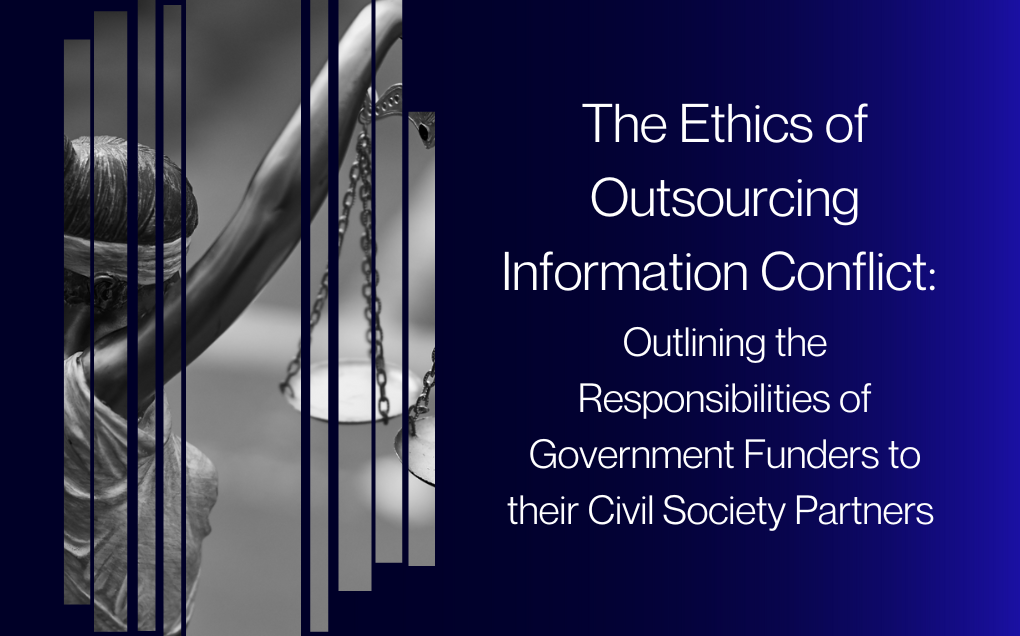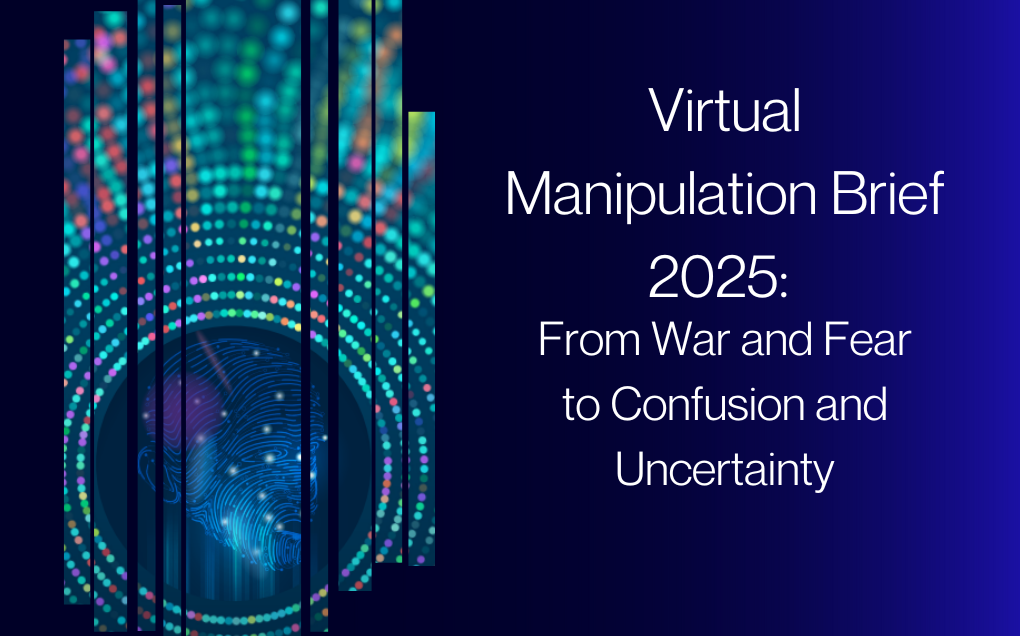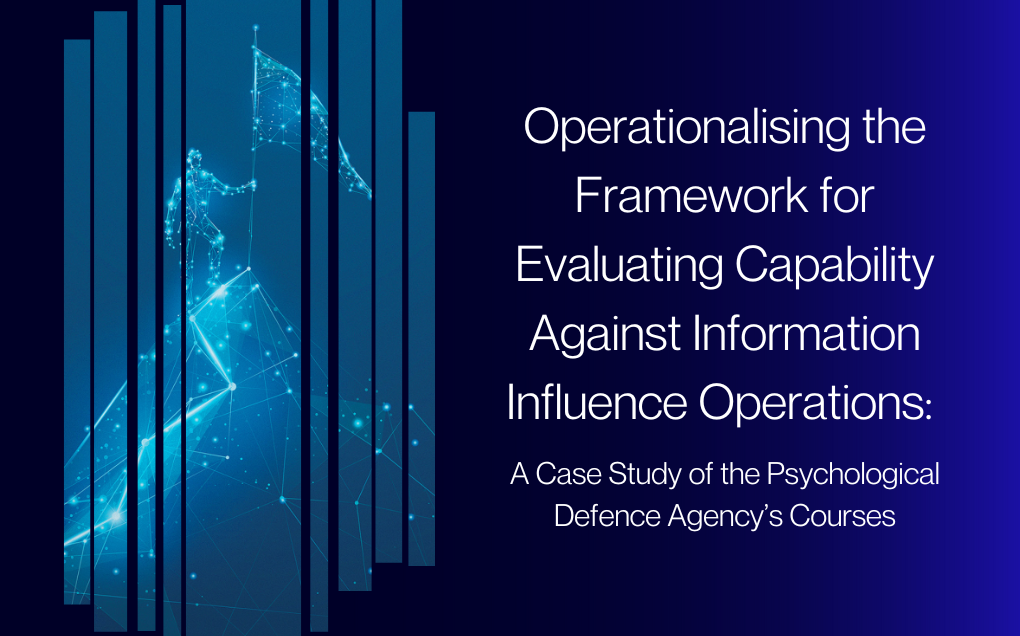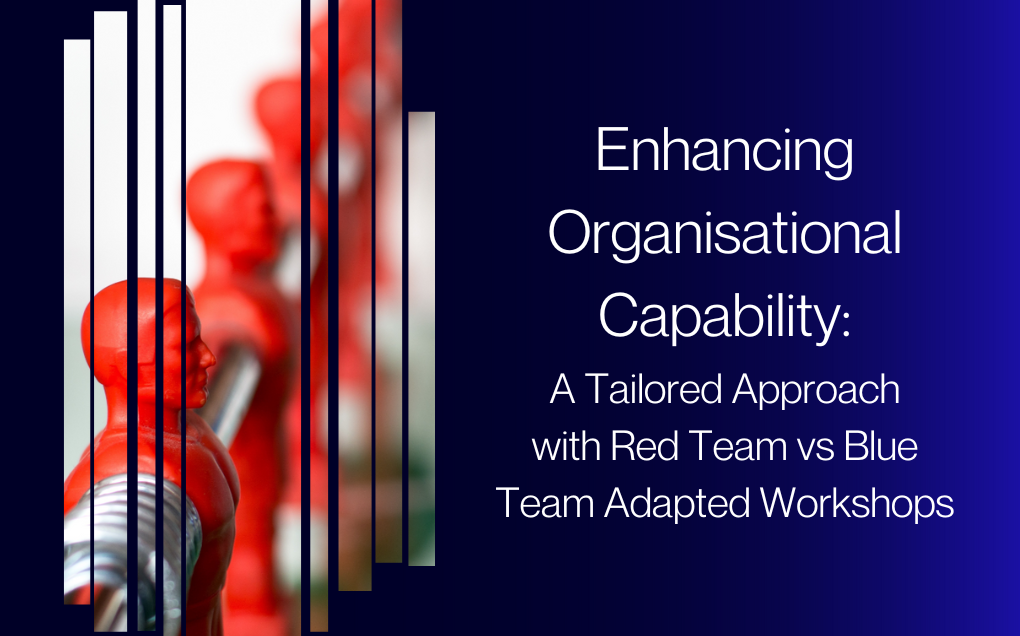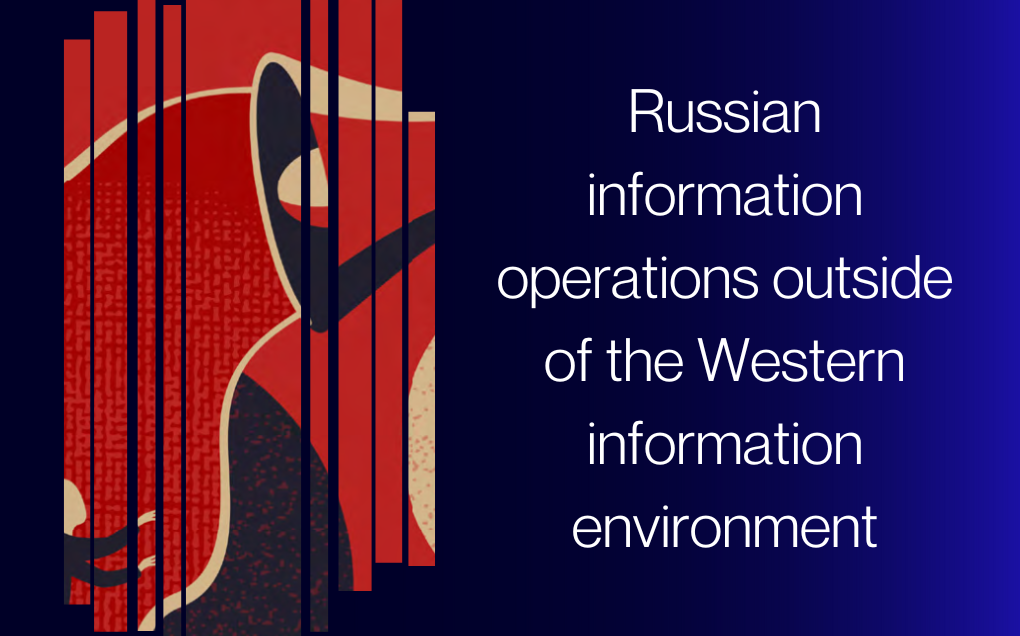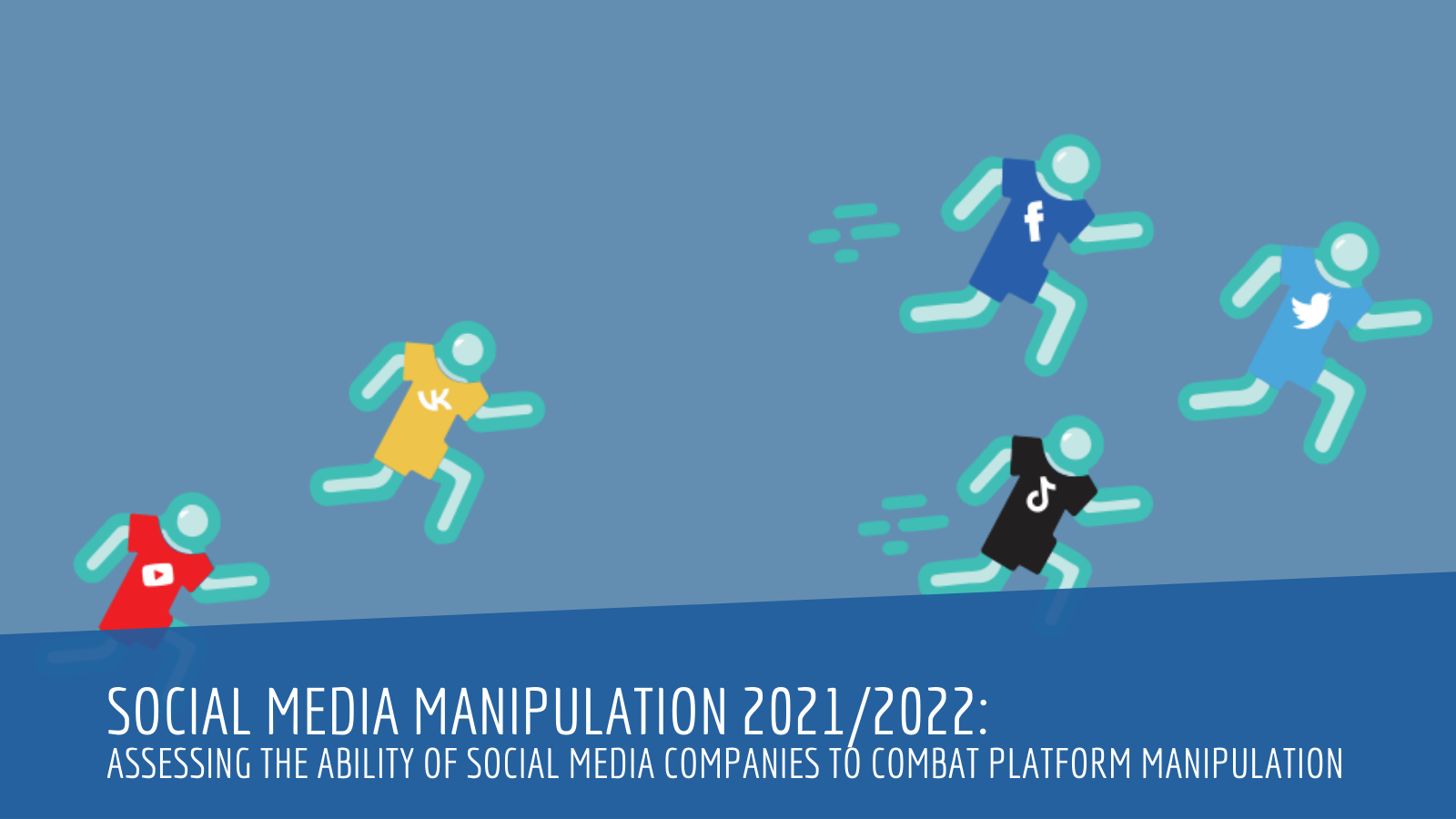This report investigates the roles and responsibilities governments assume when they collaborate in areas of information conflict. In particular, it assesses the risks to civil society and the private sector when they engage in countering hostile foreign influence operations with funding from governments. What are governments’ options and limitations when supporting civilian populations to counter information attacks? To what extent can and should governments outsource these activities? And what are governments’ responsibilities to civil society and the private sector if and when they come under attack by hostile actors?
Conceptually, this report contributes to the field by developing the term information conflict. While disinformation and influence operations are typically the preferred vocabulary for this policy area, both lack a sense of adversarial interaction that characterises the operational realities of countering influence operations. Information conflict is used to reposition actors engaged in countering disinformation and influence operations as participants in adversarial contestation over questions such as asserting matters of fact and truth, determining the legitimacy of public influence methods, and in the ability to take effective countermeasures.
